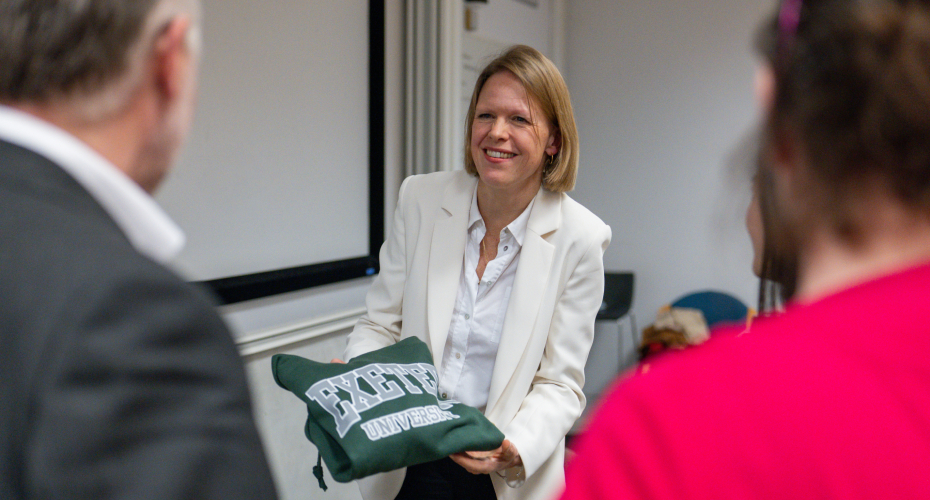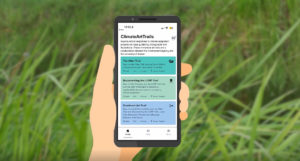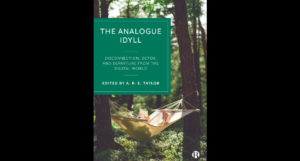British Embassy diplomat returns to Exeter to celebrate the learning of languages
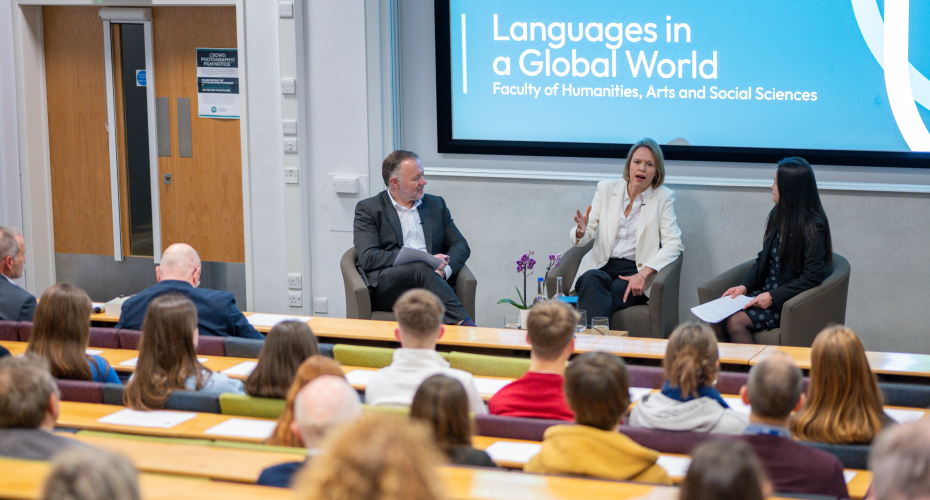
A British diplomat working to support Saudi Arabia with its programme of economic, social and cultural diversification has returned to the University of Exeter to celebrate the importance of learning new languages.
Rosie Tapper, Vision 2030 Counsellor at the British Embassy Riyadh, was the special guest speaker at Languages in a Global World, an annual series in which graduates from the University talk about how their degree has helped them in their life.
Rosie, an alumna from the BA (Hons) French and Italian programme, spoke to an audience of staff, students and schoolchildren from Devon and Somerset – with many more watching online – offering an insight into how she has used her language skills to build her career with the Foreign Office.
In conversation with Professor Gareth Stansfield, Pro-Vice-Chancellor and Executive Dean for the Faculty of Humanities, Arts and Social Sciences, and Professor Li Li, Associate Pro-Vice-Chancellor for Global Engagement, Rosie covered a broad range of personal experiences, including the nuances and challenges of learning Arabic and how her understanding of French provided a gateway to study other areas such as French philosophy and history.
She then answered questions submitted by the audience in the company of Professor Fiona Cox, Head of the University’s Department of Languages, Cultures and Visual Studies.
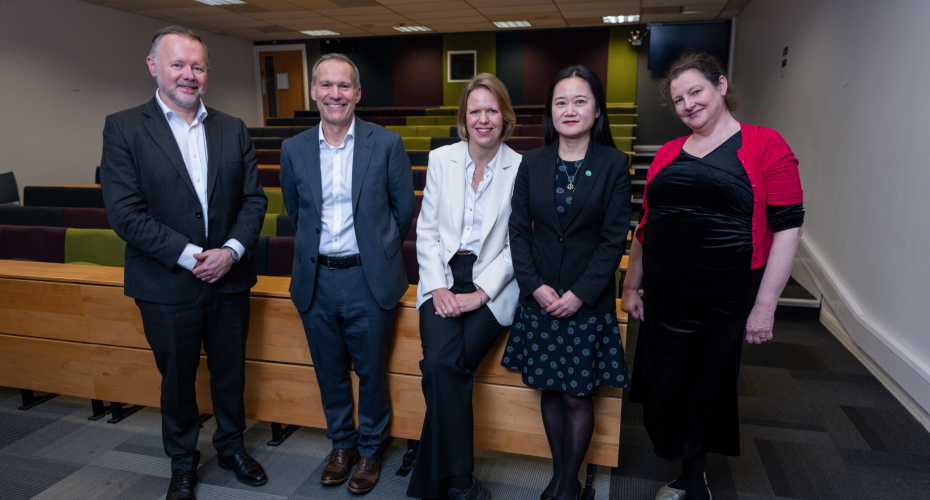
“I have always felt that my learning of languages was a natural extension of my desire to travel,” Rosie told the audience. “As a child, I only went abroad on a couple of occasions with my family, but those trips to Italy and France left a strong impression upon me. At school, I enjoyed languages and was perhaps fortunate that it taught Italian as well as French.
“So, while there was nothing in my background to suggest I would enjoy a career ricocheting around the world, I did enrol on the degree at Exeter because I wanted to spend as much time abroad as I could.”
Rosie began her degree in 1995, and during her year studying abroad, she worked in a bureau de change and then a pharmaceutical company. She also volunteered with a non-governmental organisation to run international camps, bringing together young people in rural France with local Parisians on practical projects.
“By the time I reached my fourth year, I knew that I wanted to work for the Foreign Office,” Rosie said. “And I had the University and the degree to thank for making me a credible applicant, because that year abroad enabled me to obtain the practical experience of working abroad that I needed.”
With the exception of a spell working for the European Union in Kabul, Afghanistan, Rosie has spent her entire career with the FCDO, specialising in the region extending from the Horn of Africa through the Middle East to Afghanistan and Pakistan. She has now added Russian and Arabic to her language skills to help her communicate with politicians, journalists and human rights campaigners in Asia and the Middle East.
She said: “The role of my team is to look at these extraordinary changes taking place in Saudi Arabia and build partnerships between our governments and institutions. We work across culture, health, sport, tourism, financial services and clean energy and look for opportunities to support those collaborations. We do this through talking to people – we provide something of a consultancy and advisory service for people who might want to work with Saudi Arabia. We can provide them with a proper understanding of how the country is now.”
The Languages in a Global World event was established in 2019, and previous speakers have included BBC correspondent Frank Gardner, and Exeter MP Ben Bradshaw.
“Languages in a Global World is a public celebration of the richness of language learning, but with a serious underlying message,” said Professor Dan Charman, Senior Vice-President and Provost, who introduced the event. “As global businesses and other leaders have repeatedly stated, language education and the accompanying linguistic and intercultural competencies are a necessity for social, political and economic development and collaboration. Languages enable access to a much fuller range of conversations and the sharing of accurate information – which is a necessity during times of crisis. Language really matters.”
“Today has been a true celebration of how modern languages can not only be a gateway to exciting career opportunities, but can also inspire cultural learning and life-changing experiences,” added Professor Cox. “And it’s been an absolute joy to welcome to this year’s event so many pupils from the schools with whom we work closely. From the nature of their questions, it was evident how deeply they had thought about the value and importance of learning languages.”
